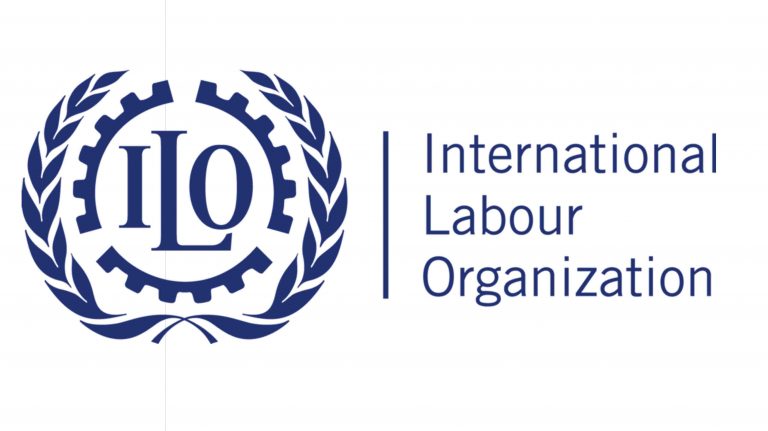The Chief Statistician and Director of the International Labour Organisation (ILO) Department of Statistics, Rafael Diez de Medina, has emphasised that without accurate data, labour market decisions cannot be taken.
He noted that the 21st International Conference of Labour Statisticians at the International Labour Organisation in Geneva would host over 500 statisticians, addressing topics in statistics related to the informal economy, including social protection, labour migration, workplace violence, unpaid work, and digital platform work.
Medina said: “In today’s data-driven world, statisticians have become essential players in the labour market. They collect, analyse, and interpret data, providing valuable insights that shape business strategies and government policies.”
He explained that if data was well defined, it was intended to be measured in the world of work, so that everyone understood the means that could be used to track and measure decent work.
According to him, labour statistics were evolving “even as we speak, reflecting the fundamental changes in the world of work that we are witnessing.”
“Official statistics are also being challenged by new types of data emerging from the so-called ‘data revolution’, where new data, usually not intended to be used for a specific purpose, are used to provide insights on trends in the world of work,” Medina noted.
He said that the conference was the global standard-setting body for labour market statistics, adding that it met every five years to review new trends and requirements in data gathering and usage, and to establish common concepts and definitions for various dimensions of labour and the world of work.
Medina said: “Today, sound statistical standards are more necessary than ever, to ensure that accurate statistical data provide the basis for designing policies. They also inform healthy social dialogue and help to avoid fake information from unreliable sources.”
“Labour statistics would have to integrate these new characteristics and we would have to agree on how to identify and measure them.
“Statistical discussions have always informed policy discussions and the international statistical communities will need to carefully discuss how to measure any new concept.”
